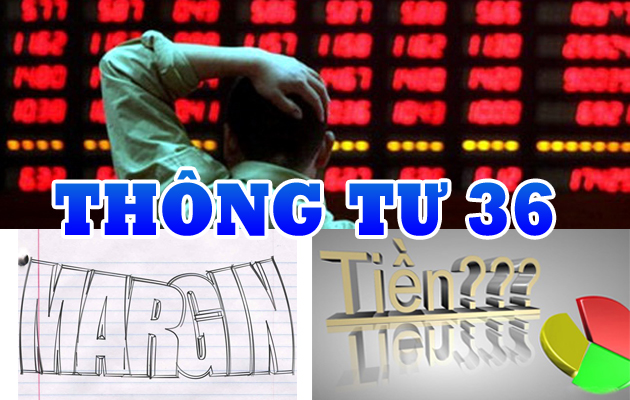The State Bank of Vietnam (SBV) has released draft amendments to Circular 36/2014 / TT-NHNN, this circular has been applying since Feb 2015. The draft amemdments will control loaning to the real estate field. This is one of the hottest topics of the press in the first week of the March 2016:
“Under the draft of the revised Circular 36 on which the SBV is seeking comments, commercial banks can use short-term capital for medium- and long-term loans at a maximum ratio of 40%, instead of the current 60% and the risk index of receivable lending for real estate and securities might be raised from 150%, as stipulated in Circular 36, to 250%”
The media of Viet Nam had to take some letters, to be invited to a series of experts to give opinions on the impact of the revised draft. RiskInfo.vn think that, the media has been puzzling to investors who have been to the advantage of the Bank’s capital flows into the sale of investment real estate.
Let’s listen to representative of SBV should explain the reason for the amendment:
- Duringthe pastmore than 70% of theBank’s short-term loansusedto long-term loans for the real estate sector. This leads tothe risksofbankfailuresisveryhigh. The control ofshort-termcredit flowsto thereal estateisnecessary to limit the risksof the banking sectorsandeconomicrisks.
- Monetary policyis notthe onlymeasures topromotethe real estatemarketdevelopment, due tothe real estate markethas gone throughthe most difficultstage, there should be policiestomitigate risks, increasecapitalsuch asidlemoneyfrom residents, foreigninvestmentandremittances..
- The revision of Circular 36 would not cause significant impact on credit to the real estate market. The problem is that whether real estate investors and traders could meet safety standards and loan requirements or not.
RiskInfo.vn think that SBV’s view is correct. We see that, Real estate speculators and investors with poor financial capability would be most vulnerable to credit tightening. They are among those responsible for market volatility and bubbles of the real estate market.
Thus, for the real estate market in Vietnam, the biggest risk is to use bank loans to speculative investment while monetary policy may change at any time.

